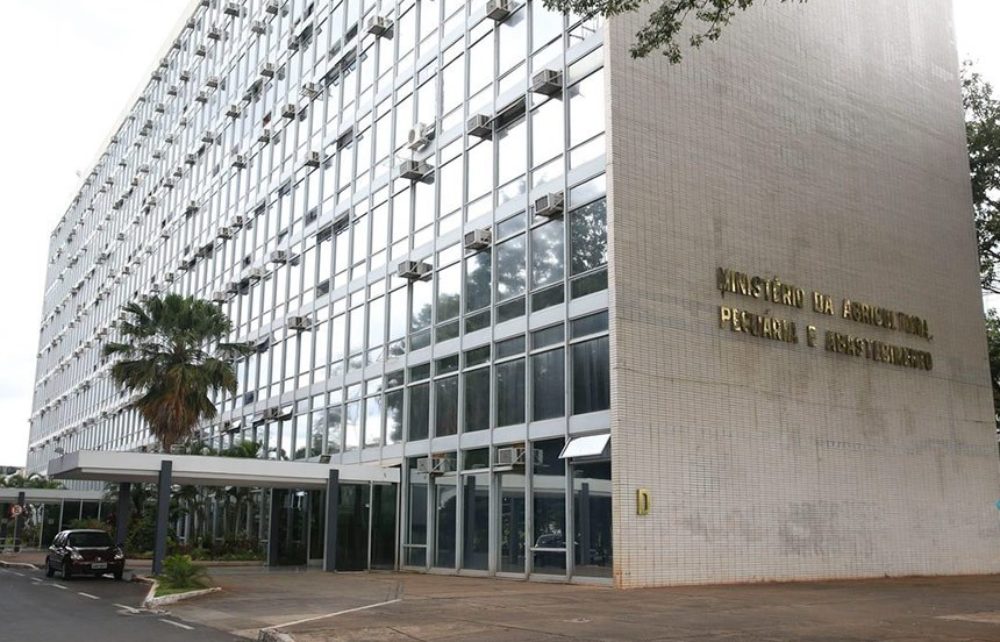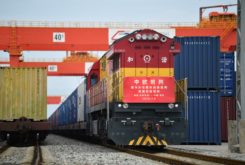Brazil is waiting for China to complete a technical assessment so that beef trade between the countries can be re-established, according to the Government.
“We have already provided all the information to the Chinese authorities and we are awaiting the conclusion of the technical assessment they are carrying out to resume trade with China”, José Guilherme Leal, Secretary of Agricultural Defense at the Ministry of Agriculture, told CNN Brazil.
The ban on Brazilian beef exports has been in place since September 4, after the confirmation of two cases of “mad cow disease” in Brazilian herds.
Chinese Chancellor Says Brazilian Beef Import Ban To Be ‘Resolved Quickly’
The world’s largest meat company, Brazil’s JBS SA, posted third-quarter net income that exceeded analysts’ expectations on the strength of its United States meat business, exports to China and higher domestic food sales.
According to a financial statement on Wednesday, JBS profited 7.58 billion reais (USD 1.8 billion) as net revenue rose 32% to 92.62 billion reais in the quarter.
At Seara, which processes pork and poultry, net revenue soared 38% as sales volumes rose and the company increased the average price of products sold by almost 15%, allowing it to partly offset higher grain prices weighing on meat packers globally.
Brazilian Meatpackers Lower Production Pending Lift of Chinese Ban
“Global demand for beef is also very strong, especially in Asia, which accounts for more than 75% of total U.S. beef exports,” JBS said.
In Brazil, JBS said a Chinese ban on beef imports from the country affected slaughtering. However, as the company operates in many markets, it can use the United States or other origins to sell meat to China.
“China continues increasing its purchases month after month, and has already become the third-largest destination for American exports of beef,” JBS said.




